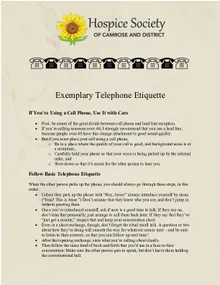
In Praise of Phone Calls
by Sarah Larson
During Covid, and indeed, when we return to non-Covid life, supporting clients by phone may be a practical necessity.
Below, author Sarah Larson describes a few dynamics to consider before picking up your phone to make a call.
Below, author Sarah Larson describes a few dynamics to consider before picking up your phone to make a call.
- First, find the best equipment you can: ideally, a real phone. A landline is optimal, or a cell phone with decent audio, held right up to your ear.
- Avoid the diffuse echoey sadness of the speakerphone, the vulnerable voice bouncing around an open room or, God forbid, an open car.
- Phone calls mean: No screens, no juddering technology or buffering, no contending with the distracting horror of your own disembodied face. Just voice: mind meeting soul meeting timbre.
- Don’t have a TV on (or any other background noises if possible).
- Don’t have a laptop in front of you.
- Sit in a favorite chair and look at your plants and your books. They are beautiful.
- Look out the window, the trees outside. Listen to your friend.
- Find a good phone, focus, and be together. On the phone, you’re not performing for a camera, or observing your friend and their house. You’re not typing. You can get to essentials with a different, more human part of your brain



